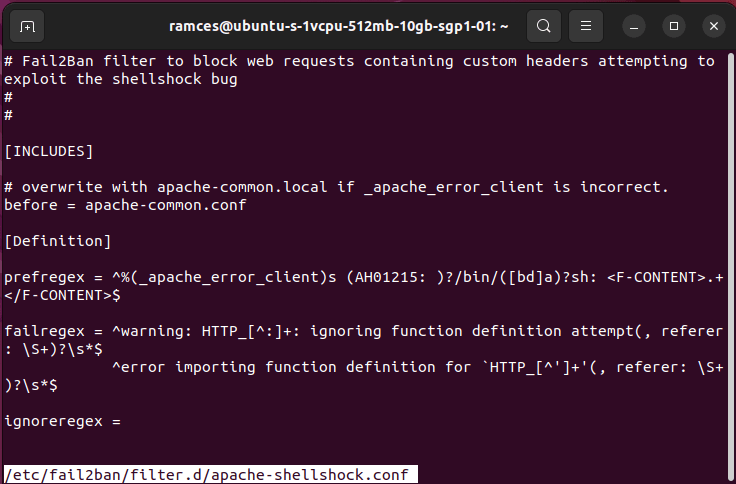Ever feel like your computer is secretly judging your archaic notions of “Tuesday” or “December”? Well, it probably is. While you’re over here with your quaint “day-month-year” shenanigans, your digital overlords are speaking a much cooler, much simpler language: Epoch Time.
Continue reading Tick-Tock, Goes the Epoch: Unlocking the Secret Language of Time (for Computers, Not You)Custom Fail2Ban Filters: A Step-by-Step Tutorial
Fail2Ban comes with many built-in filters for common services like SSH, Apache, and Postfix. But for custom applications, web apps (e.g., WordPress login attempts), or specific log patterns, you’ll need to create your own filters. This allows Fail2Ban to detect unique failure patterns and ban offending IPs automatically.
Continue reading Custom Fail2Ban Filters: A Step-by-Step TutorialAlpine Linux Setup: Essential Tips for a Lean and Powerful System
Alpine Linux is renowned for its minimalist design, security focus, and incredibly small footprint, making it a favorite for Docker containers, embedded systems, and even lightweight servers. However, this “less is more” philosophy means some common tools and conveniences aren’t pre-installed.
Continue reading Alpine Linux Setup: Essential Tips for a Lean and Powerful System


